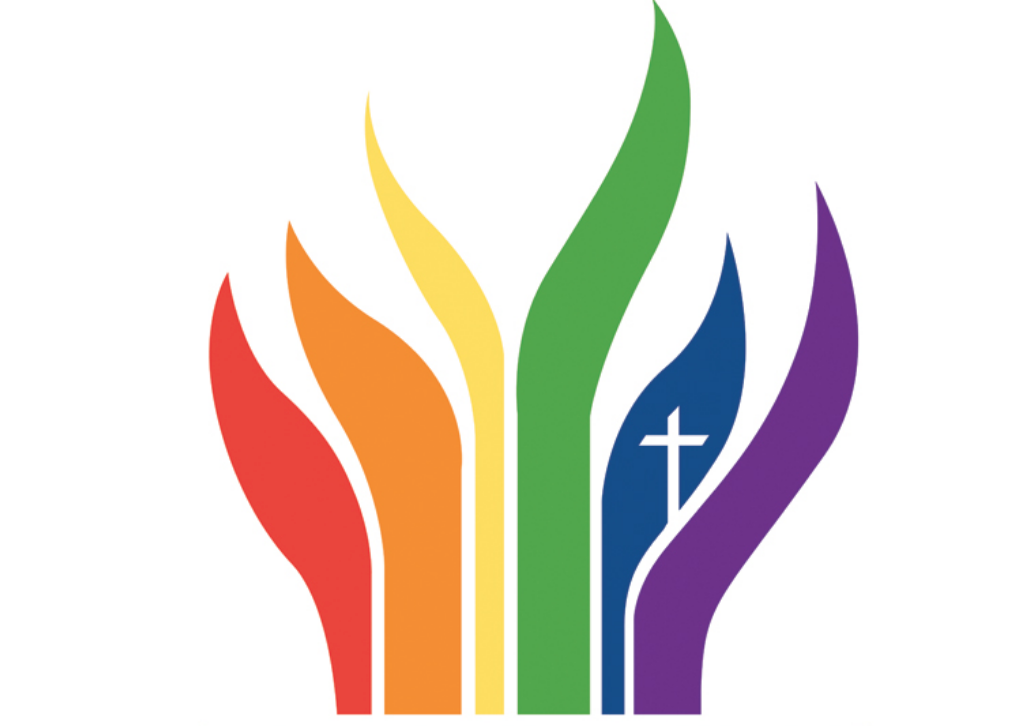The United Methodist Church is on the brink of America's biggest religious schism since the Civil War, with the conflict centering on sexual morality, biblical authority and theological liberalism.
At stake is an empire with 6.7 million U.S. members and 31,000 congregations located across most American counties, 6.5 million members overseas and $6.3 billion in annual donations (though there's now a severe money crunch). Many of those churches sit on prime urban and suburban real estate.
But when? The 2020 General Conference to settle matters was postponed until this coming Aug. 29- Sept. 7 in Minneapolis, a city that currently limits meetings to 150 people. News calendars are iffy until the imminent UMC decision on whether it can meet then, or must delay a second time or whether it's possible to manage such a complex international meeting online.
Whenever and however delegates assemble, by most accounts they're prepared to adopt some version of the 33-page "Protocol of Reconciliation & Grace Through Separation" (.pdf here) hashed out last year via professional mediation among representatives of various factions.
One breakaway has occurred prematurely. Online worship last Nov. 29 established the hard left "Liberation Methodist Connection." The new denomination is intended for Methodist exiles to live out their "God-given identities" regardless of not only same-sex identity but e.g. gender expression, sexual non-monogamy, immigration status, piercings, body art or drug use.
However, the main event involves who inherits the UMC's name, logo, endowments, properties and structures. In U.S. Methodism, liberals and centrists combined have political power to install a laissez-faire LGBT policy, while the evangelical wing dissents alongside millions of Methodists in Africa and the Philippines. (This structure is unusual. Most "mainline" denominations that have legislated full LGBT inclusion are U.S.-only.)
The Wesleyan Covenant Association figures conservative congregations and pastors will happily leave behind UMC assets, schools and agencies and is busily preparing a new breakaway denomination under "Protocol" terms that would merge Americans and booming churches overseas.










